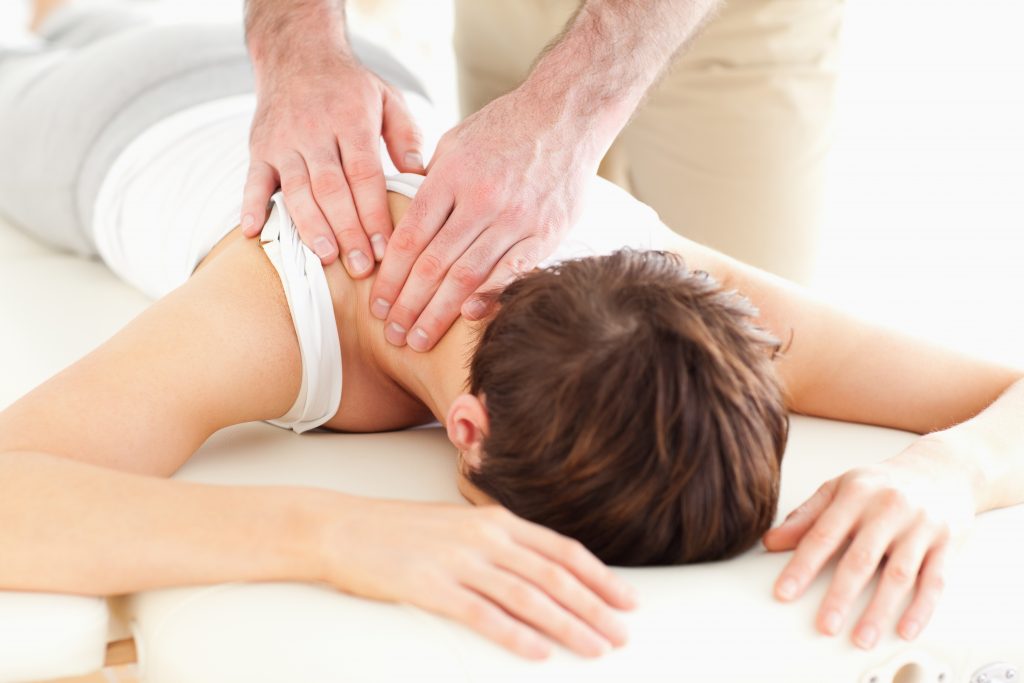More than 10% of the UK’s population suffer from headaches. They are the most frequent reason people seek medical advice. Most migraine sufferers have their first attack in their early 20’s and three times as many women as men suffer from migraines.
How many types of headaches are there?
There are over 20 varieties of headaches, but the most severe are migraines and cluster headaches.
What causes these headaches?
The most common cause of migraine is a change to the blood vessels in the head, but it is still not known exactly why this occurs. Acute migraine attacks could be triggered by the same bacteria that are linked with stomach and duodenal ulcers. Migraines could result from the immune response to the infection.
The cause of cluster headaches is still unknown, but it is understood that the problem is due to the blood flow in the body.
What are the symptoms?
Migraines come on at intervals, with no pain in between attacks. The headache may last for hours or days and may start with symptoms such as visual, hearing and smell disturbances, known as a predroma. It may also start with or continue on to throbbing pain on one side of the head. Nausea and vomiting may also be present.
Cluster headaches usually affect men over 40, occurring suddenly several times in one day but do not last very long. Alcohol and tobacco can bring them on.
Treatment
Chiropractic is not, like aspirin, a temporary headache treatment. If headaches persist, the Chiropractor will find where the source of the pain is and reduce the recurrence.
Painless Chiropractic manipulation of the neck, muscle strengthening and stretching exercises are performed and self-help advice is given to sufferers. Patients who commence treatment with a Chiropractor and obtain positive results may need to continue with Chiropractic care until underlying mechanical problems are corrected, understanding that some long-standing problems will take longer.
Relaxation could be more effective that pills for “tension” headaches. Sufferers may consider having lessons in relaxation techniques.
Drugs are only effective in reducing the pain of attacks and rarely reduce their frequency.

Some people find dietary changes help with headaches, this may be effective especially if it is combined with treatment to the neck, which can be the cause of headaches.
Substances to try and avoid
|
Behaviours to try and avoid
|
Self-help:
- Make sure that you do not sleep on your front as this causes your neck and spine to twist.
- If you tend to wake up on your front, place a pillow on either side of you before sleeping to help you avoid turning onto your front.
- Cut out the ‘trigger’ foods, in the table above, one at a time until you find which ones are aggravating the problem.
- Relax in a quiet environment.
In the event of an attack:
- Lie down and try to sleep
- Drink lots of water (2-3 glasses should suffice)
- Put your feet in cold water or something cold
Call us now on 020 8442 0008 to book an appointment or to book Your Free 15 Minute Telephone Consultation.
 Dylan Paydar at Muswell Hill Chiropractic Clinic
Dylan Paydar at Muswell Hill Chiropractic Clinic